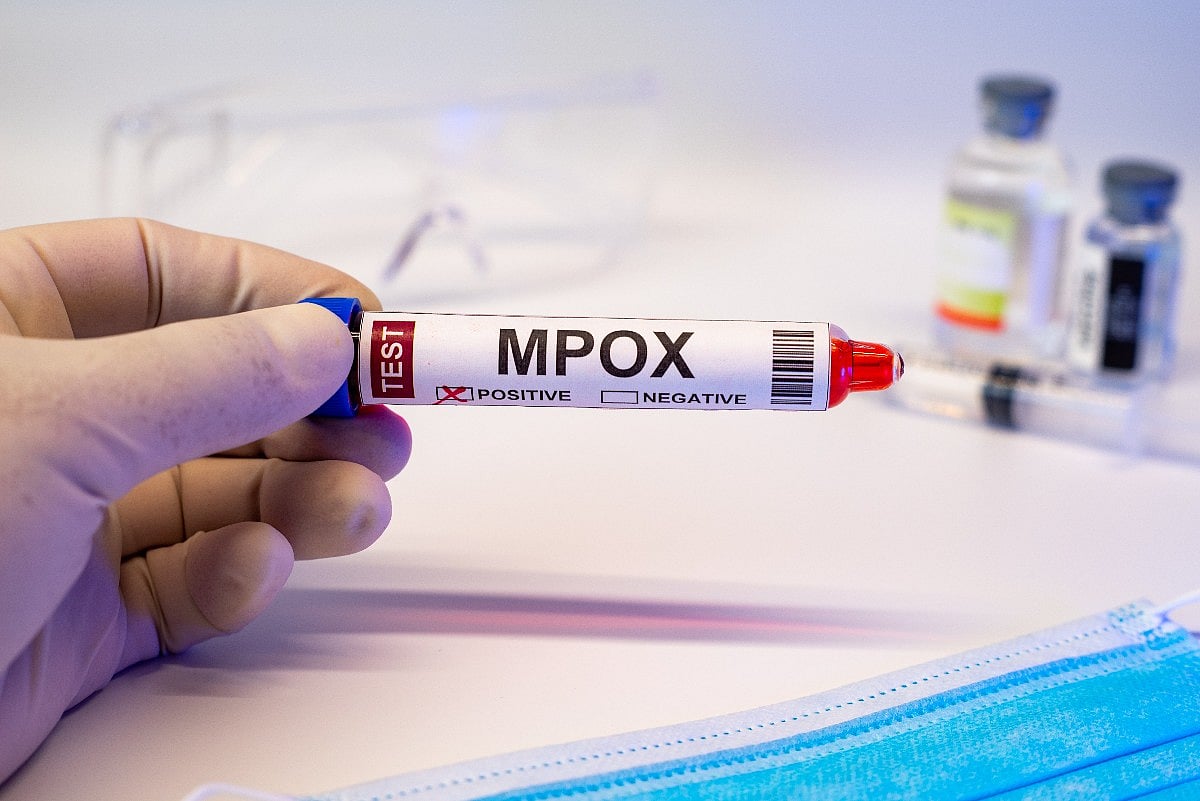Texting Now Available!
Anoka text # 763-265-7803
Andover text # 763-878-7207
Elk River text # 763-878-8275
St Francis text # 763-314-3312
Please be advised that our Elk River location will now be closed on Saturdays, but open until 6pm on Tuesday and Thursday.
Get Healthy!

- Posted October 11, 2024
Unprotected Sex Boosts Mpox Danger for Gay Men as Drug-Resistant Strain Spreads
Infection with the mpox virus is five times more likely among gay and bisexual men who engage in unprotected anal sex as the receptive partner, a new analysis reveals.
The study dovetails with the release of a second report on clusters of mpox cases in California and Illinois of a strain of mpox that's resistant to treatment with the first-line drug tecovirimat.
Because not all viruses from mpox cases are genetically scrutinized, "these findings likely underestimate the prevalence of this newly recognized drug-resistant variant," noted a team led by Crystal Gigante. She's an investigator at the U.S. Centers for Disease Control and Prevention (CDC).
Mpox -- previously known as monkeypox -- is a fast-spreading virus transmitted mainly through close skin-to-skin contact, especially during sex. Its symptoms include fever, painful rashes or sores and swollen lymph nodes.
An mpox outbreak that began in 2022 and was declared over in 2023 rapidly spread to other countries outside Africa, which had never happened before. Now, the emergence of a new, potentially more severe strain of the virus in the Democratic Republic of Congo has prompted the World Health Organization to declare a public health emergency of international concern.
Both of the new studies on mpox were published Oct. 10 in the CDC journal Morbidity and Mortality Weekly Report.
Because the majority of mpox cases documented outside Africa have occurred among gay and bisexual men, one study sought to determine if certain sexual practices raise the odds of viral transmission.
A team led by CDC researcher Anna Chard looked at data on the sexual habits of nearly 1,500 American men under the age of 50 who said they had sex with other men. Of those, 457 had contracted mpox; the other 1,030 had not gotten the disease.
Chard's team focused on men who reported "close contact" with a person later diagnosed as having mpox.
After adjusting for various factors, Chard's team found that condom-free, receptive anal sex was the leading risk factor for mpox infection in this group, upping a person's risk five-fold, compared to men who hadn't had this unprotected form of intercourse.
The CDC team stressed that while condoms can certainly cut the odds of mpox transmission, they are not foolproof.
"Condoms alone might not prevent all exposures to [the virus] because rash can occur on other parts of the body and transmission can occur through other routes, including saliva and respiratory secretions," Chard and colleagues explained.
There is one effective means of preventing infection, however: Vaccination with the Jynneos vaccine.
"However, only one in four of the approximately two million persons eligible to receive the vaccine in the United States have received both doses," the team noted.
Even gay and bisexual men who have gotten vaccinated may need boosters. A recent study found that the mpox vaccine's potency against the virus fades within a year.
Vaccination may be even more important as new cases of a drug-resistant form of mpox pop up in locales across the United States, the second report in the MMWR found.
As reported by Gigante and colleagues, mutations that arise in the mpox virus during extended treatment can spur viral resistance to first-line drugs, including tecoviramat.
These resistant strains "have been reported since 2022," the researchers noted, and new cases continue to emerge.
The latest report finds that between October of 2023 and mid-February of 2024 a cluster of five such cases arose in California, another eight in Illinois, two cases each in Louisiana and Texas, and a single case in New York.
For the 17 patients with drug-resistant mpox for whom medical records were available, all "reported mild (or not severe) mpox disease although two patients were hospitalized for pain management," Gigante's team reported.
Still, the new findings probably underestimate the spread of this strain of mpox and "highlight the urgent need for additional therapeutics for treatment of mpox," the researchers said.
More information
Find out more about mpox at the World Health Organization.
